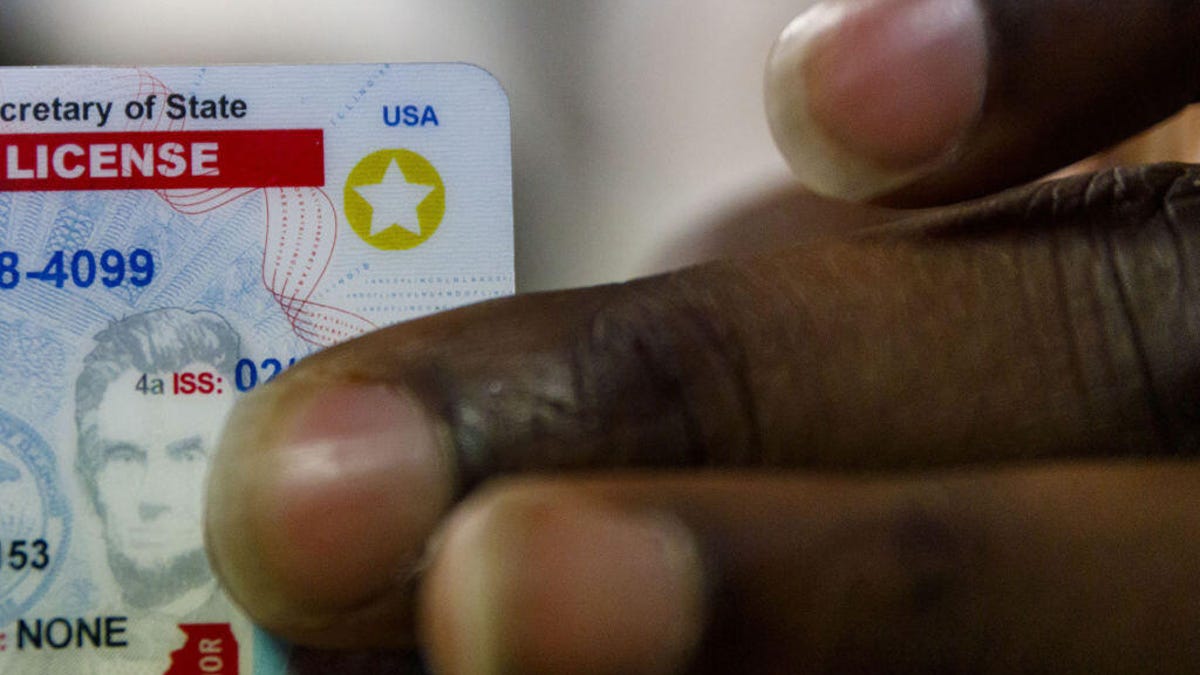TSA proposes delaying Real ID until 2027

While Real ID was on track to go into effect on May 7, 2025, it now appears that this will not happen until 2027. The delay comes in the form of a new proposal from the TSA This would give travelers more time to update their paperwork and prepare for departure.
The Real ID Act of 2005 means that U.S. residents 18 and older will eventually have to show a Real ID-enhanced driver’s license or a passport or other federally approved identification document to fly, even from state to state. Under the new proposal, travelers are encouraged to have their Real IDs by 2025, but they won’t be turned away at gates until May 5, 2027.
In short, the Department of Homeland Security expects that many people will apply for Real IDs at the last minute, which will cause delays. And an influx of people without Real IDs showing up at airports and trying to fly could cause delays and airport security issues.
When May 7, 2025 rolls around, agencies will begin issuing warnings to fliers who don’t have Real ID-compliant IDs. This is to encourage people to update their documents and be prepared for next time. The progressive enforcement would end in 2027, making it a hard and fast rule that a flier must have a Real ID-compliant ID.
Read more: What is Real ID?
Plans for a gradual rollout are still in development. The TSA could use a three-strike rule, where travelers are warned multiple times to get their Real IDs before they are turned away.
The latest in a long line of delays
The Real ID Act was first passed by Congress in 2005 with an initial start date of 2008. However, U.S. states have continually requested extensions due to low adoption rates. The COVID-19 pandemic caused further delays, and the date was eventually set for 2023 before being delayed again to 2025.
According to the TSA, only 56% of IDs issued were Real ID compatible as of January 2024. One reason for choosing a gradual rollout rather than a new full delay is to encourage people to get their Real IDs before the new start date in 2027. The concern is that a new full delay without any enforcement would lead to persistently low acceptance rates, which could cause problems around holidays and other high-travel periods.




